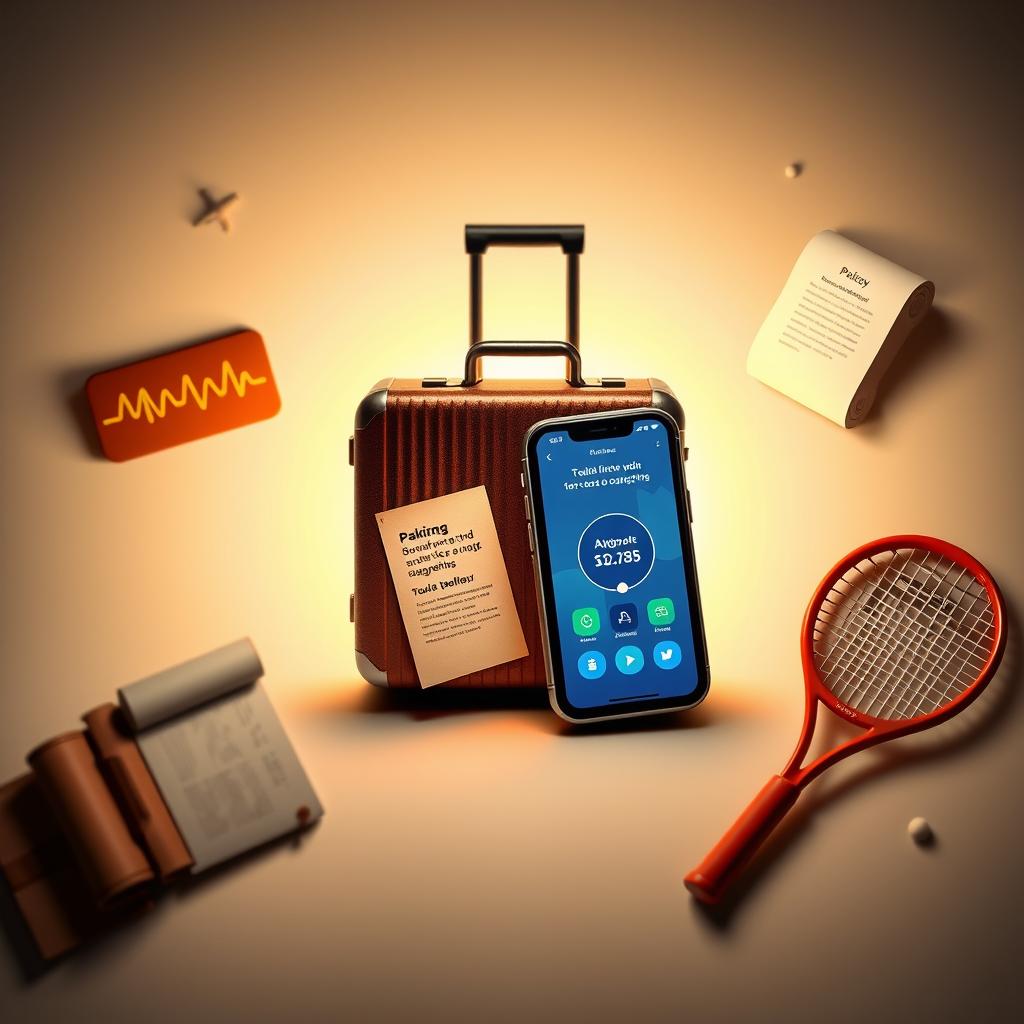- Baggage Mishandling Rates Improve: The latest SITA report shows the industry’s mishandled baggage rate fell to 6.9 bags per 1,000 passengers in 2023 (down from 7.6 in 2022) (sita.aero). This progress comes even as passenger traffic (5.2 billion) exceeded pre-pandemic levels. Technology investment (RFID, automation) and process improvements are credited for this decline.
- Record Baggage Fee Revenue: Airlines collected an estimated $33.3 billion globally in checked baggage fees in 2023 (ideaworkscompany.com) (about 15% more than 2022). This reflects growing travel volumes and prevailing airline fee strategies. Airlines report that baggage fee income is a vital offset to operational costs, especially on low-fare routes.
- Tracking Mandates Expand: IATA’s Resolution 753 (baggage tracking) is gaining ground. Surveys find 44% of airlines fully compliant and 41% implementing it (iata.org). Airport-readiness varies: mega-hubs are on track, but smaller airports lag. Africa’s adoption was about 27% by early 2024 (iata.org). Meanwhile, RFID usage is spreading: about 85% of airlines and airports comply with electronic bag-tag standards (rfidjournal.com), and 27% of airports now scan with RFID (rfidjournal.com).

- Self-Service and Mobile: Self-service bag drop is now common: roughly two-thirds of carriers and 85% of airports offer unassisted drop-off kiosks (sita.aero). Passengers increasingly use mobile apps to track bags – SITA notes 32% of travelers receive baggage updates on their phones (sita.aero). Digital bag tags (printed at home or on phone screens) are also on the rise, improving passenger control.
- Biometrics on the Rise: Biometric ID is making its way to baggage processing. SITA predicts that by 2026 a majority of airports will enable facial recognition or fingerprint ID at check-in and bag drop (biometricupdate.com). Airlines and airports are piloting seamless journeys: for instance, Heathrow and South African Airways tested self-boarding using biometric identity. This trend promises faster processing and reduced touchpoints (especially at bag drop), though passenger privacy and data security are watchpoints.
- Airports Invest in Baggage Systems: To handle soaring volumes, airports are upgrading. Orlando’s MCO is investing $652 million in new baggage systems for Terminals A/B (fox35orlando.com). Hundreds of airports worldwide have similar plans (e.g. Indianapolis ~ $140 million (ibj.com). Automation (robots, AI sorters) is a key feature: HKIA’s system processes 15k bags/hr (airport-technology.com), and London’s Heathrow is adding AI-powered robots at Terminal 5 to keep flights on schedule.
- Sports Gear Policies Evolve: Airlines are tweaking rules for sports equipment. Hawaiian Airlines (Jan 2025) now allows surfboards, bikes and golf bags as free checked bags (airwaysmag.com). In contrast, legacy carriers may still charge fees: e.g. Ethiopian Airlines lists $80 for tennis rackets (ethiopianairlines.com) and $100 for a bicycle (ethiopianairlines.com), while WestJet adds a CAD 50 fee for bikes (westjet.com). Passengers with gear should verify their airline’s specific policy and pack accordingly to avoid surprises.
- African Highlights: African carriers and regulators are in step with global trends. For example, Ethiopian Airlines (based in Addis Ababa) is centralizing baggage tech in its new mega-hub plans, and its baggage policy includes charges for sports equipment (ethiopianairlines.com). South African Airways allows a second 15 kg sports bag on its regional flights (excess charged thereafter). Importantly, African nations under ICAO jurisdiction adhere to Montreal liability. Namibia explicitly reminds passengers that “airlines are liable for compensation” if checked bags are lost or damaged (neweralive.na). Meanwhile, airports like ACSA (South Africa) have implemented stringent health/safety protocols (full PPE for baggage crews during COVID (airports.co.za), reflecting an active regional approach to baggage challenges.
Each of these developments shows the baggage sector’s deep impact on airline operations worldwide – from costs and policies to the adoption of cutting-edge technology. As airports and airlines continue to innovate, passengers can expect smoother, safer baggage experiences, but must stay informed on rules (especially for special items) to avoid inconvenience.


